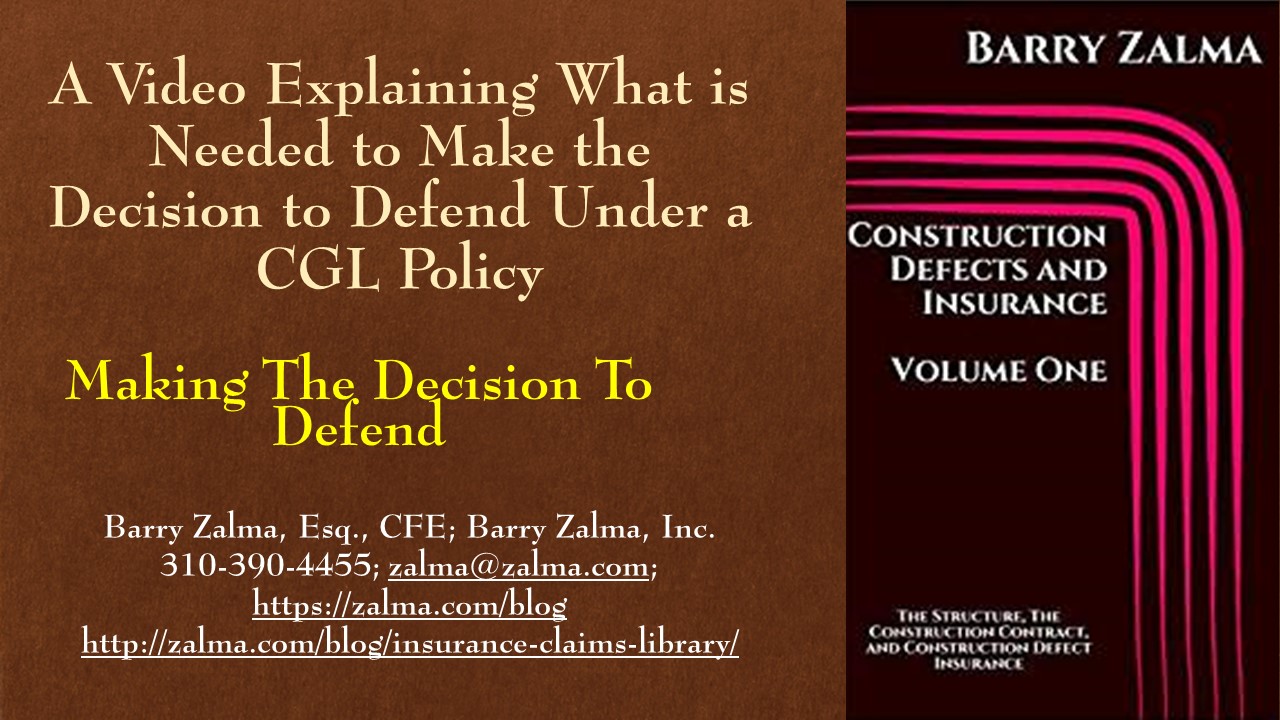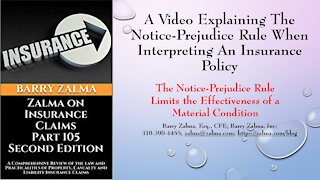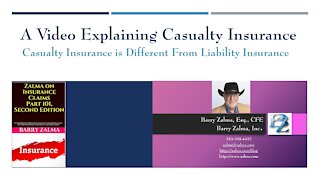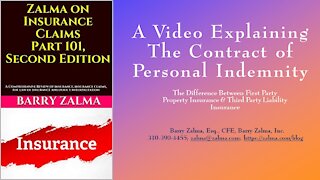Premium Only Content

A Video Explaining What is Needed to Make the Decision to Defend Under a CGL Policy
Insurance is considered a quasi-public utility, since modern industry and business could not effectively operate without it. The courts recognize the importance of insurers to the community as a whole and, therefore, find a need to more stringently control the actions of insurers. As illustrated by the decision in Egan v. Mutual of Omaha Insurance Co., 24 Cal. 3d 809, 819, 157 Cal. Rptr. 482 (1979), adjusters must always conduct a thorough investigation of every claim before making a decision to deny, or the insurers will find themselves forced to pay claims that are not covered because a court concludes the insurer acted in bad faith. Further, insurers can also be assessed a fine by the Department of Insurance for breach of the Fair Claims Practices statutes or regulations.
Patent Infringement
Advertising Injury
Copyright Infringement
Construction Defects
-
 7:40
7:40
Barry Zalma, Inc. on Insurance Law
10 months agoLoss of Inventory by Bankruptcy
138 -
 15:35
15:35
Barry Zalma, Inc. on Insurance Law
4 years agoA Video Explaining What is Needed to Adjust the Commercial Property Loss
19 -
 17:16
17:16
Barry Zalma, Inc. on Insurance Law
4 years agoA Video Explaining the Evidence Needed to Prove Fraud
405 -
 17:01
17:01
Barry Zalma, Inc. on Insurance Law
4 years agoA Video Explaining the Notice-Prejudice Rule When Interpreting an Insurance Policy
43 -
 17:10
17:10
Barry Zalma, Inc. on Insurance Law
4 years agoA Video Explaining how to Read and Interpret the Homeowners Policy
49 -
 16:29
16:29
zalma
4 years agoA Video Explaining How to Read and Understand Your Homeowners Policy
221 -
 14:52
14:52
Barry Zalma, Inc. on Insurance Law
4 years agoA Video Explaining The Creation And Application Of The Duty To Defend
25 -
 15:24
15:24
Barry Zalma, Inc. on Insurance Law
4 years agoA Video Explaining the Claims Made CGL
51 -
 16:42
16:42
Barry Zalma, Inc. on Insurance Law
4 years agoA Video Explaining Casualty Insurance
76 -
 11:38
11:38
Barry Zalma, Inc. on Insurance Law
4 years agoA Video Explaining that the First Party Property Policy is a Contract of Personal Indemnity
100